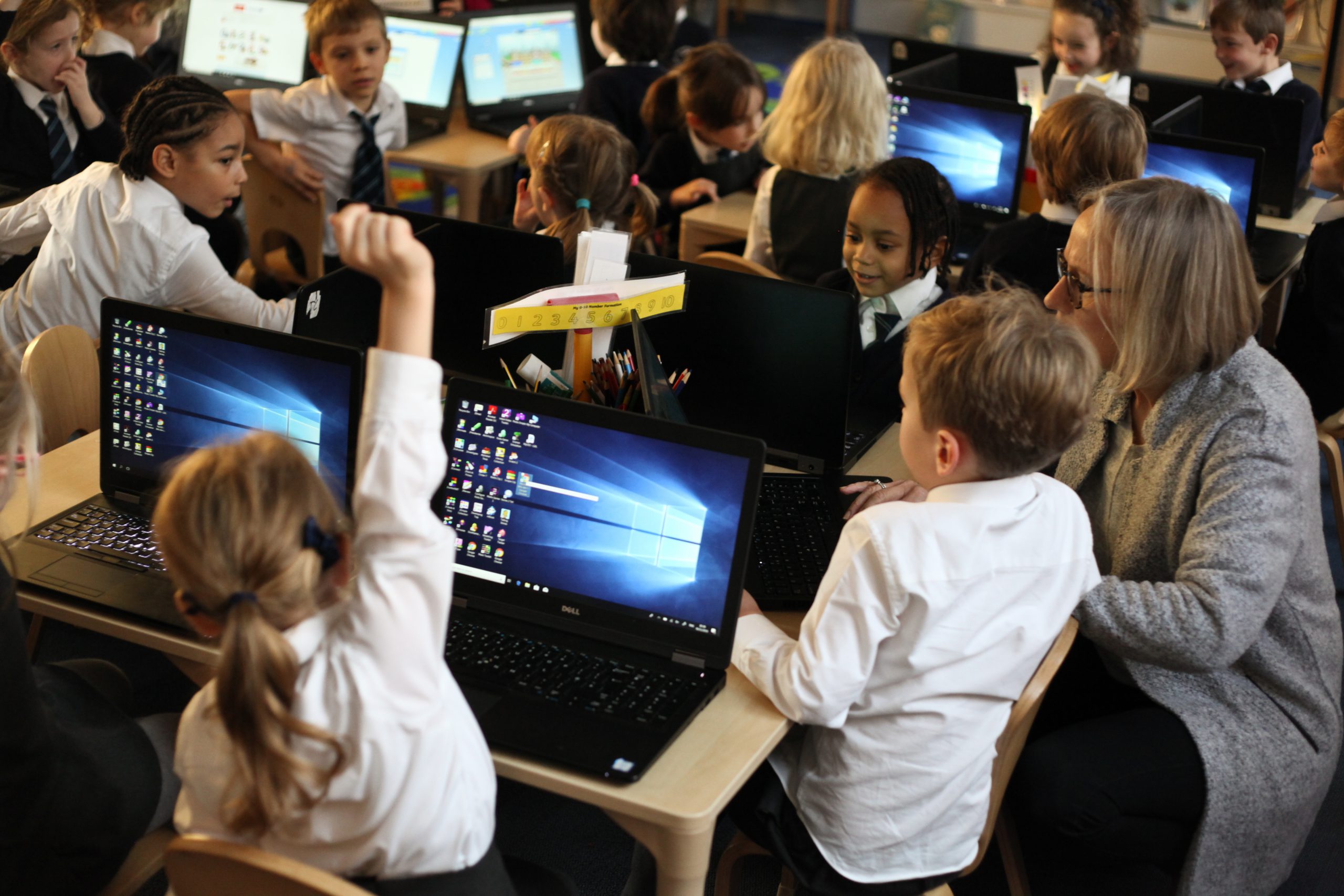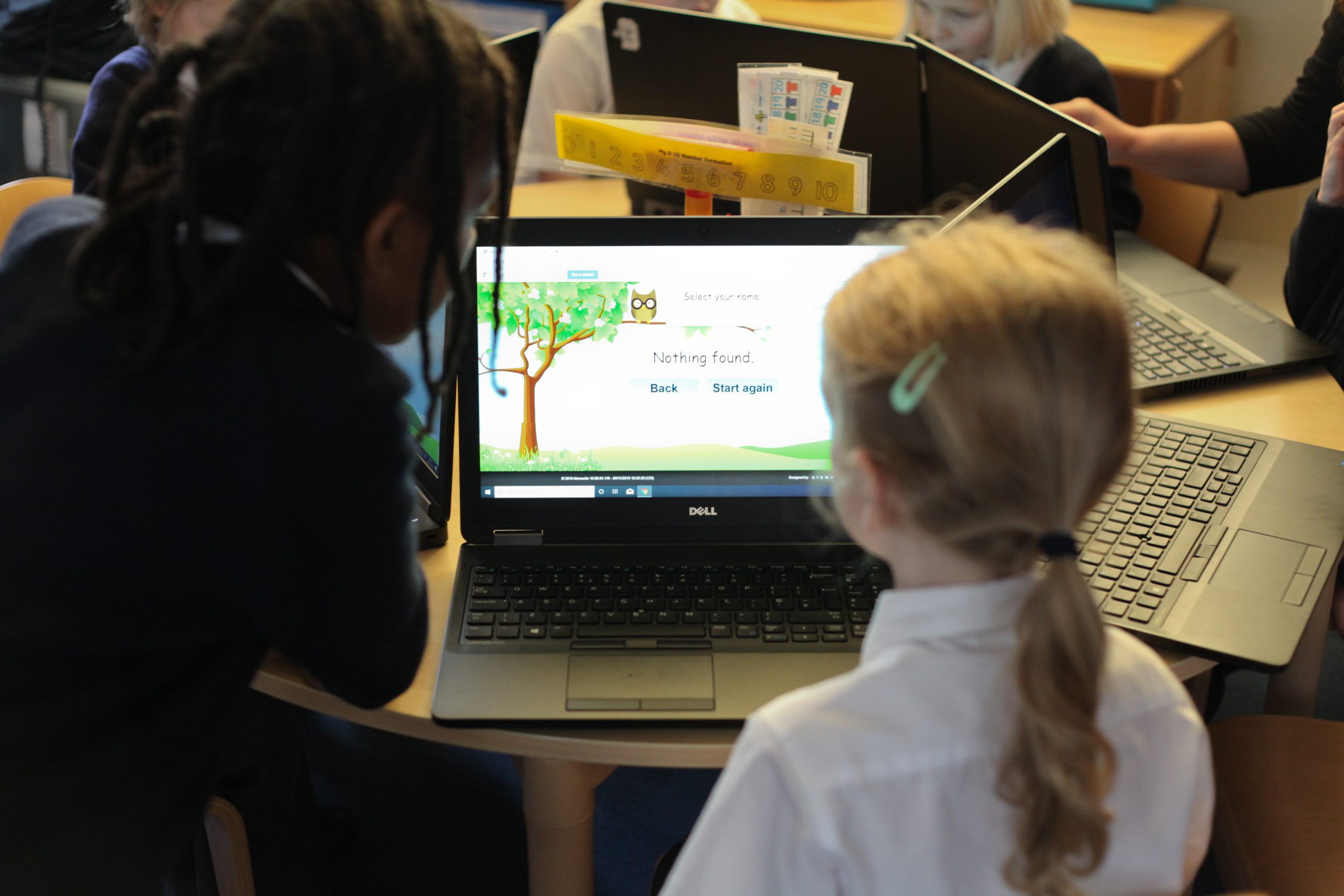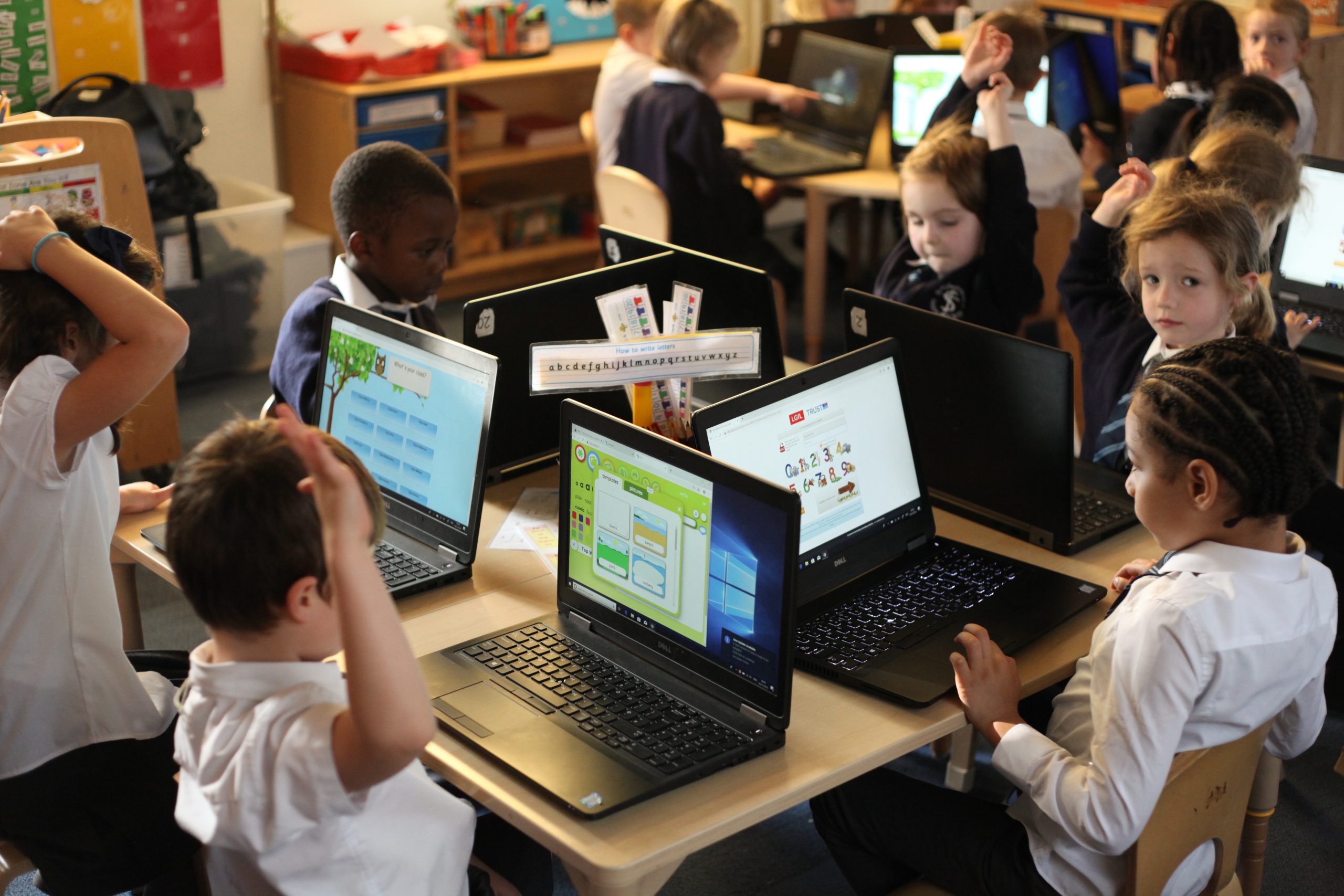Computing
Computing at St Stephen’s teaches a wide range of skills and provides children with many opportunities. We have multiple laptop / Chromebook / iPad trolleys across Key Stage 1 and 2, providing pupils with the opportunity to use computers for Computing lessons and cross-curricular purposes. EYFS pupils also have access to computers and related technology as they start their learning journeys. Each class has an interactive whiteboard for teaching skills and concepts.
Computing has deep links with Mathematics, Science and Design and Technology.
Computing-related documents (please click individual links to access:)
National Curriculum – Computing
St Stephen’s Computing Curriculum – Scheme of Work / Curriculum Map 2022-2023
St Stephen’s Computing Policy – 2023-2024
St Stephen’s Computing Curriculum – Program of Study 2022-2023
St Stephen’s Coding Day 2022 – Newsletter
St Stephen’s Coding Day 2023 – Newsletter
St Stephen’s Online Safety Workshop 2022 – Slideshow
St Stephen’s Online Safety Workshop 2023 – Slideshow (link provided with kind permission of Childnet):
https://www.childnet.com/resources/staff-led-parent-online-safety-presentation/
St Stephen’s Online Safety Workshop 2023 – ‘Parent and Carers’ Toolkit’ Supplementary Material (files provided with kind permission of Childnet):
Parents and Carers Resource Sheet
The three aspects of the Computing curriculum are:
- Computer Science- in which the children are taught to understand computers and coding. Children will learn principles of coding, how to debug programmes and write their own.
- Information and Communication Technology- in which the children learn to use their skills for a range of purposes, for example – presenting and collecting data, making posters/adverts, presenting information to others etc. This covers many of the skills we are used to using in our everyday lives
- Digital Literacy- in which children learn to participate safely and responsibly in the digital world. This covers ideas such as keeping ourselves safe in the digital world, knowing what is appropriate behaviour online, thinking about our own responsibilities in relation to what we post about others, understanding what things we are allowed to publish as our own (copywriting etc.)
Aims
The national curriculum for computing aims to ensure that all pupils:
- can understand and apply the fundamental principles and concepts of computer science, including abstraction, logic, algorithms and data representation
- can analyse problems in computational terms, and have repeated practical experience of writing computer programs in order to solve such problems
- can evaluate and apply information technology, including new or unfamiliar technologies, analytically to solve problems
- are responsible, competent, confident and creative users of information and communication technology.






